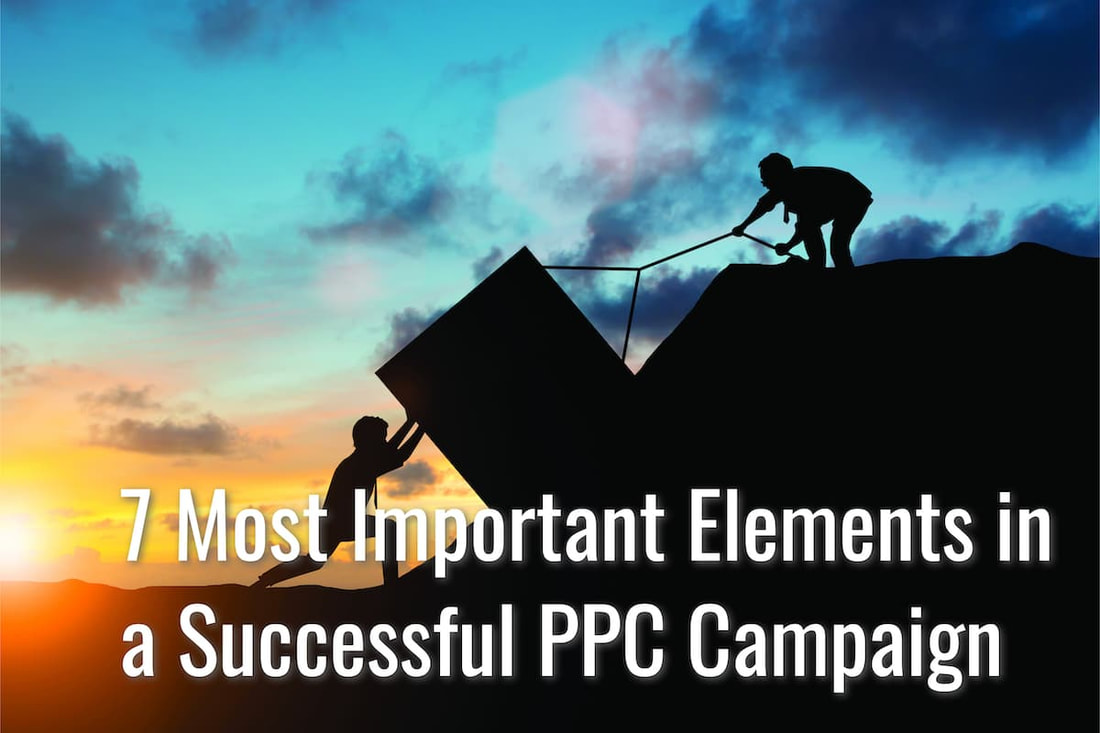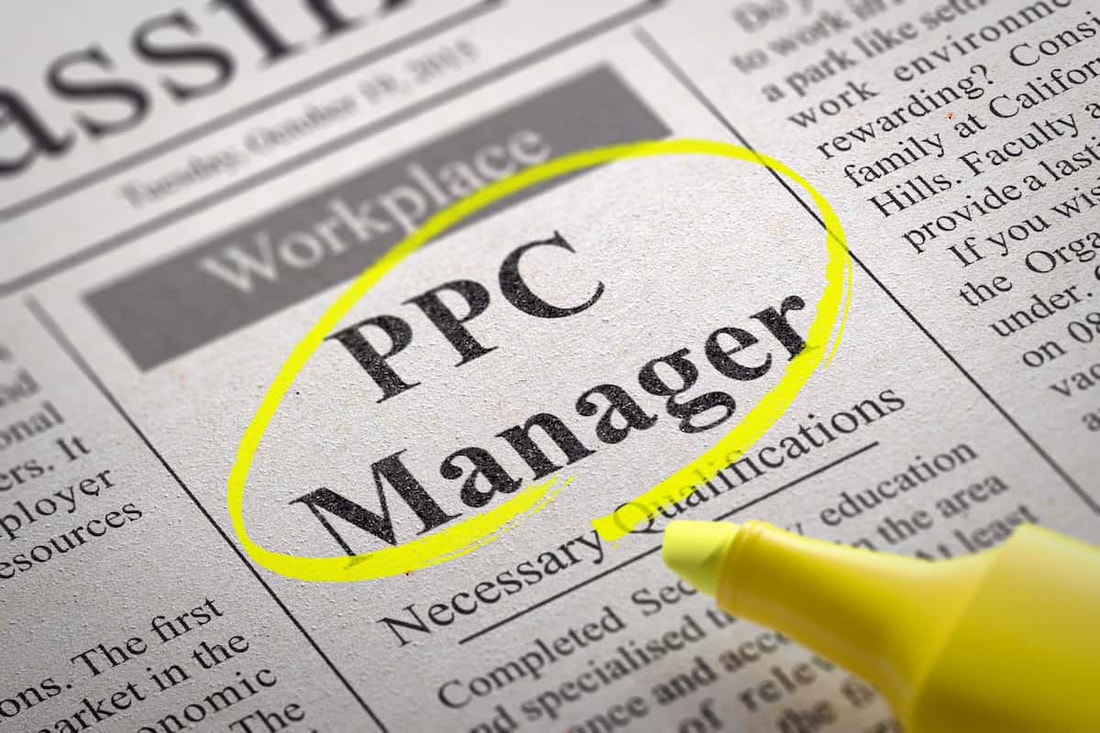|
Welcome to the digital marketing era, where the potential for your business growth is limitless. One avenue that has proven to be a game-changer for businesses of all sizes is Facebook advertising. A powerful tool that, when used right, can transform your online presence, reach a vast audience, and significantly boost your sales. But what if you're unsure how to navigate the complexities of this platform? That's where a Facebook Ads Agency comes in. Think of them as your co-pilots, guiding you through the maze of online advertising and helping you make the most of your investment. In a nutshell, a Facebook Ads Agency specializes in creating, managing, and optimizing your Facebook advertising campaigns. They take the burden off your shoulders, leaving you to focus on what you do best - running your business. They handle everything from researching your target audience, and crafting compelling ads, to analyzing campaign performance and making necessary adjustments for optimal results. Over the following sections, we're going to delve deeper into the world of Facebook advertising, explore how a Facebook Ads Agency operates, and outline the potential benefits your business can reap by partnering with one. By the end of this guide, you'll have a clear understanding of how a Facebook Ads Agency can unlock the potential of your business, taking it to new heights. Get ready to embark on an exciting journey that could revolutionize your business growth! The Power of Facebook AdsFacebook is no ordinary social media platform. With over 2.8 billion monthly active users, it's a bustling online marketplace where businesses can connect directly with potential customers. But, with so many users, how can you ensure your message reaches the right people? That's where the true power of Facebook ads comes into play. The Reach and Influence of Facebook AdvertisingFacebook advertising offers an unparalleled opportunity to reach a vast and varied audience. No matter who your ideal customer is, they're likely among Facebook's billions of users. But the magic of Facebook ads isn't just about sheer numbers. It's about the ability to pinpoint your target audience with incredible accuracy. The Importance of Targeted AdvertisingOn Facebook, you can target your ads based on users' location, age, gender, interests, behaviour, and even their connections. This level of precision is a game-changer. It means your advertising budget is spent reaching people who are genuinely interested in what you offer, leading to higher engagement, more leads, and, ultimately, more sales. Case Studies of Successful Facebook AdsTo illustrate the power of Facebook ads, let's look at a couple of success stories. Consider the case of a local clothing boutique that struggled with foot traffic. After partnering with a Facebook Ads Agency, they launched a campaign targeting fashion-conscious women within a 10-mile radius. The result? A 50% increase in-store visits and a significant uptick in sales. Or take the example of a niche fitness equipment company. They were finding it hard to reach their specific audience of fitness enthusiasts. After working with a Facebook Ads Agency and launching a targeted ad campaign, they saw a 75% increase in online sales and their brand awareness skyrocketed. These success stories demonstrate how, with the right approach, Facebook ads can be a powerful tool for your business, driving growth and boosting your bottom line. But, navigating this landscape can only be challenging with the right expertise. That's where a Facebook Ads Agency comes in, and we'll explore their role in the next section. The Advantages of Using a Facebook Ads AgencyFacebook Ads can be a goldmine, but like any tool, they need to be used correctly to yield the best results. Managing an effective Facebook ad campaign involves many moving parts – from audience segmentation, ad design, and copywriting to tracking performance and making data-driven adjustments. It's a full-time job, and as a business owner, you already have enough on your plate. This is where a Facebook Ads Agency can be a game-changer. Let's explore why: Expertise in Facebook AdvertisingA Facebook Ads Agency lives and breathes Facebook advertising. They understand the platform's ever-changing algorithms, features, and best practices. They know what type of content resonates with different audiences and how to craft compelling ads that drive clicks and conversions. This level of expertise can significantly improve the effectiveness of your campaigns, saving you from costly trial and error. Time and Cost EfficiencyRunning a business is time-consuming. Adding Facebook advertising to your to-do list can stretch you thin. An agency takes over this responsibility, freeing up your time to focus on other aspects of your business. Moreover, they can do it more efficiently. Their experience enables them to get faster results, saving you money in the long run. Dedicated TeamWith a Facebook Ads Agency, you're hiring not just an individual but a team. This team will include strategists, designers, copywriters, and data analysts, all working together to ensure your campaigns succeed. Having a group of experts dedicated to your Facebook advertising can significantly increase the performance and ROI of your campaigns. How a Facebook Ads Agency WorksA Facebook Ads Agency is like a well-oiled machine, with each part playing a crucial role in the success of your ad campaigns. Here's a sneak peek into how a professional agency operates: Understanding Your Business and GoalsThe first step is to get to know your business, your products or services, your unique selling proposition, and, most importantly, your goals. Are you looking to increase brand awareness, generate leads, boost sales, or all of the above? This information forms the foundation of your advertising strategy. Researching Your Target AudienceNext, the agency dives into researching your target audience. They use tools and techniques to understand who your ideal customers are, what they're interested in, their pain points, and how your business can provide the solution they're looking for. Creating Your AdsOnce they clearly understand your business and audience, they move on to the creative phase. They craft compelling ad copy, design eye-catching visuals, and select the most effective ad formats. Each element is carefully considered to ensure it resonates with your target audience and drives them to take action. Setting Up and Launching Your CampaignAfter creating the ads, the agency creates your campaign in the Facebook Ads Manager. They select your target audience, set your budget, schedule your ads, and launch your campaign. Monitoring and Optimizing Your CampaignOnce your campaign is live, the work isn't over. In fact, it's just beginning. The agency continuously monitors your campaign performance, analyzing metrics like click-through rates, conversion rates, and return on ad spend. They use this data to make informed decisions and adjust your campaign to ensure it performs at its best. Reporting and CommunicationTransparency is key when you're working with a Facebook Ads Agency. They should provide regular reports detailing your campaign performance and the actions they've taken. They'll also maintain open lines of communication, so you're always in the loop. Choosing the Right Facebook Ads Agency for Your SMEFinding the right Facebook Ads Agency is crucial. The right agency can turbocharge your growth, while the wrong one can result in wasted time and money. Here are some factors to consider, with a particular focus on business benefits and cost efficiencies: Experience and ExpertiseLook for an agency with a proven track record in Facebook advertising. They should be able to provide case studies or examples of previous campaigns they've managed. An experienced agency can save you from costly mistakes and guide you toward the most effective strategies for your business. Understanding of Your IndustryEvery industry has its unique characteristics and challenges. An agency that understands your industry will be able to craft more effective campaigns that resonate with your target audience. This means better results for your investment. Transparent PricingA reputable agency will be upfront about its pricing. They should provide a clear breakdown of what you're paying for, whether it's their services, ad spend, or any additional costs. This transparency allows you to budget effectively and ensures there are no nasty surprises down the line. Communication and ReportingEffective communication is key to a successful partnership. Your agency should provide regular updates on your campaign performance and be available to answer any questions you have. Regular reporting allows you to track the efficiency of your ad spend and see the tangible results of your investment. ScalabilityAs your business grows, your advertising needs will change. A good agency will be able to scale its services to match your growth, ensuring you always get the most out of your Facebook ads. This scalability can lead to long-term cost efficiencies, as a strong ad campaign can drive substantial business growth. Long-term StrategyEffective advertising isn't about quick wins but sustainable, long-term growth. Look for an agency that focuses on developing a long-term strategy for your business. This approach ensures your advertising efforts contribute to your overall business goals, providing a solid return on investment. ConclusionAs we've journeyed through the world of Facebook advertising and the role a Facebook Ads Agency can play, it's clear to see the potential benefits for your business. Partnering with a Facebook Ads Agency can unlock the potential of your business, allowing you to tap into a massive audience and target your ideal customers with precision. These agencies bring a wealth of expertise to the table, handling the complexities of Facebook advertising and allowing you to focus on running your business. They can save you time and money, providing cost efficiencies through expert campaign management and avoiding common pitfalls. You can achieve significant business growth by choosing the right agency that understands your industry, communicates effectively, and focuses on long-term strategy. A well-managed Facebook ad campaign can boost brand awareness, generate leads, drive sales, and ultimately improve your bottom line. If you're ready to explore the potential of Facebook advertising for your business, now is the time to consider partnering with a Facebook Ads Agency. It could be the key to unlocking your business's growth and reaching new heights. The opportunity is there; are you ready to seize it? Get in touch with us now and discover the benefits of our fully-managed Facebook and Instagram advertising services. |
AuthorReputationMart.com - passionate digital marketing team. Archives
May 2024
Categories
All
|





 RSS Feed
RSS Feed

5/13/2023
0 Comments